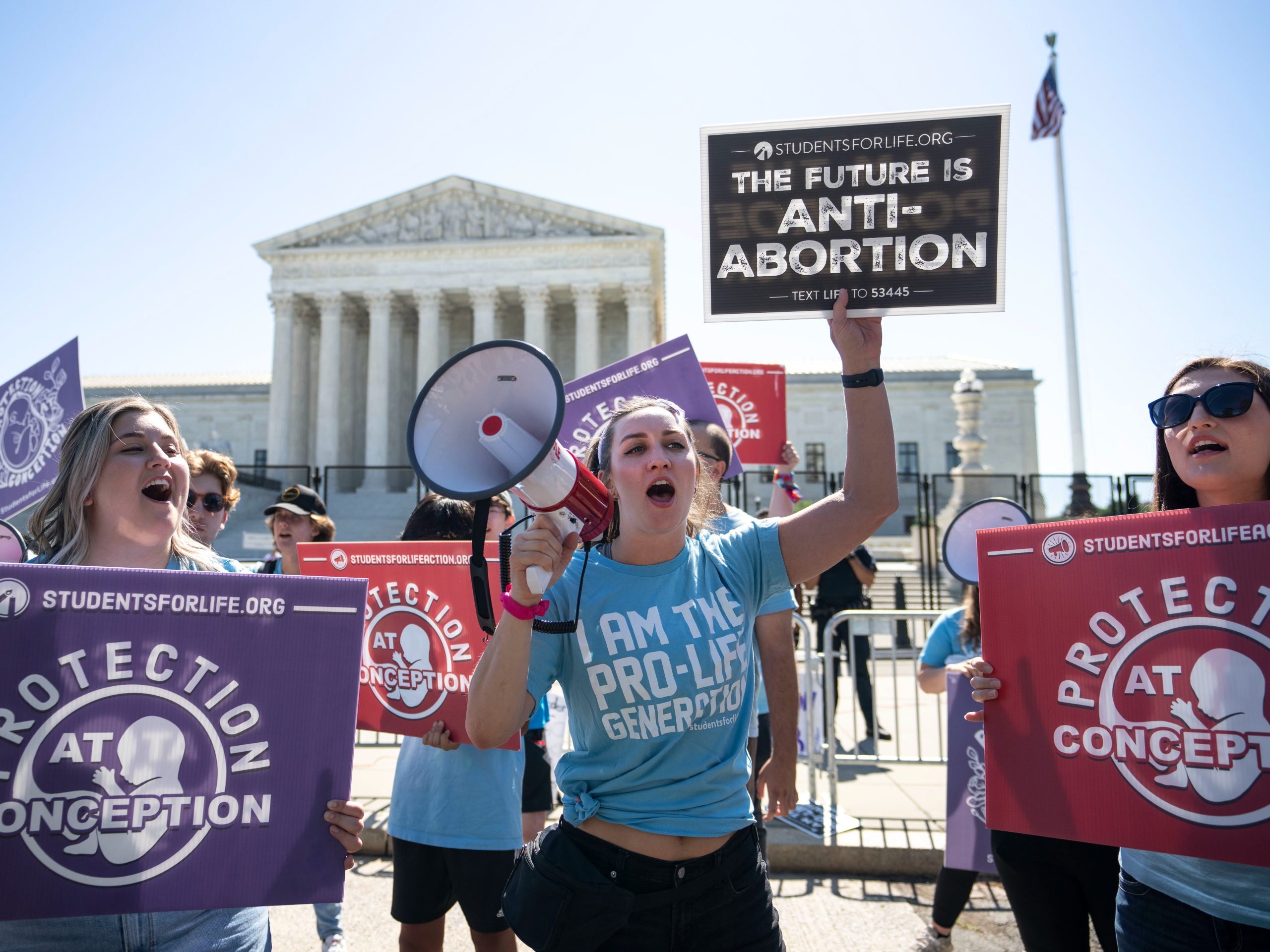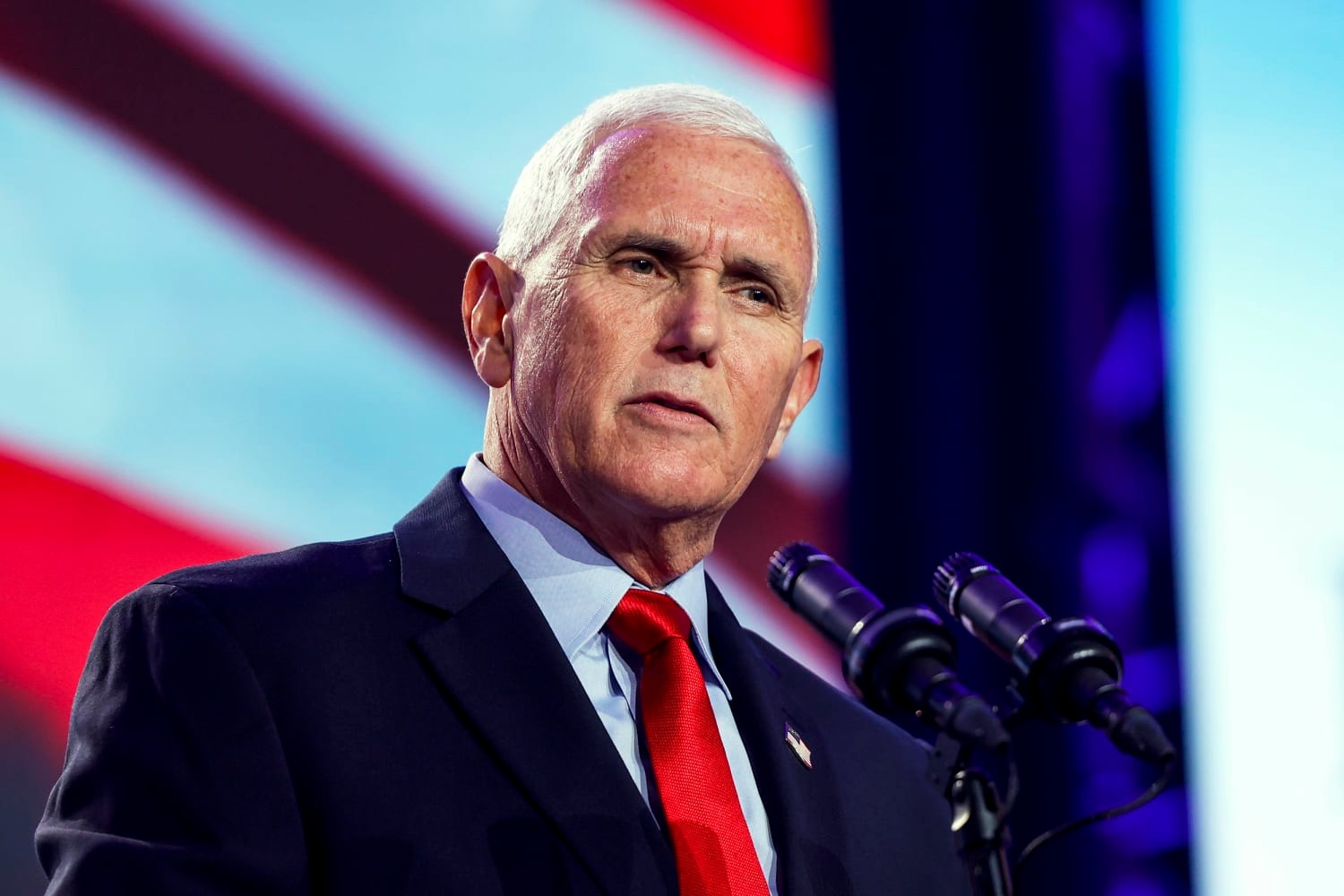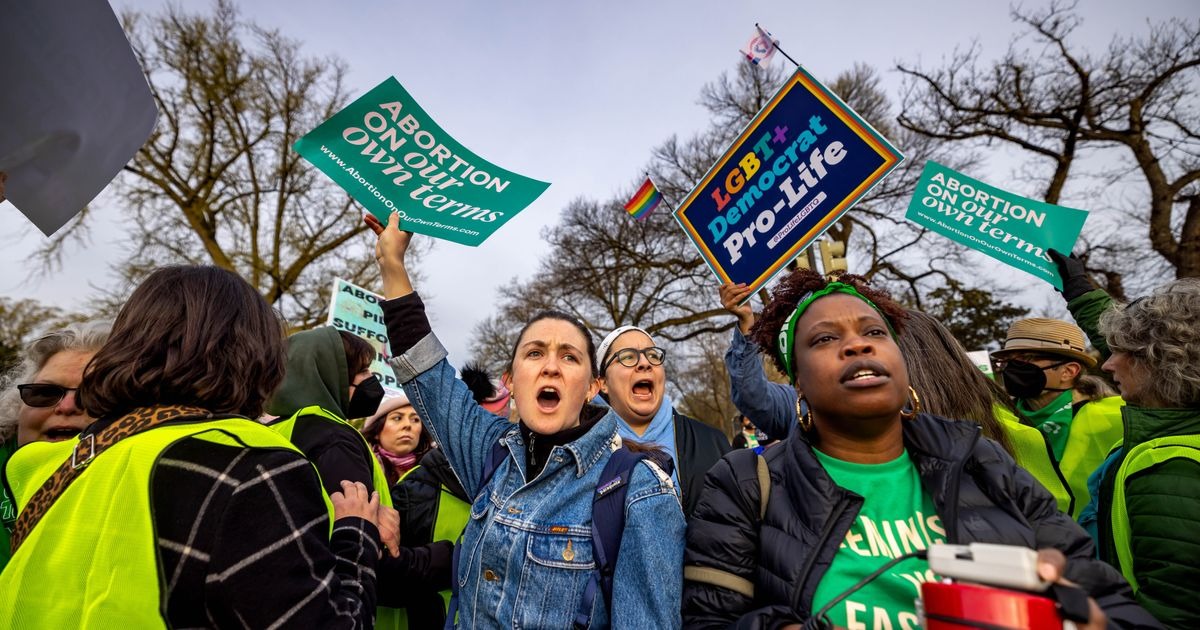The dynamic between the anti-abortion movement and the Republican Party used to favor the GOP heavily. The movement provided enthusiastic supporters, outstanding financial contributions, and reliable votes, receiving symbolic gestures and political promises in return.
However, everything shifted when Donald Trump delivered on the long-standing GOP pledge to reshape the Supreme Court, potentially overturning Roe v. Wade. Suddenly, abortion became a pressing issue for voters, no longer just a symbolic stance but a matter of urgent concern.
Republican politicians now face the consequences of their promises as they grapple with an energized majority of Americans who support maintaining abortion rights.
But it’s not just about Roe v. Wade; anti-abortion activists are pushing for extreme measures, such as establishing fetal personhood laws that would profoundly impact reproductive technologies like in vitro fertilization (IVF).

Roe v. Wade (Credits: NPR)
The recent Alabama Supreme Court decision asserting fetal personhood over IVF procedures signals a new phase in the anti-abortion movement’s agenda. Despite GOP politicians attempting to distance themselves from such extreme views, anti-abortion advocates are gearing up for a fight to restrict IVF treatments, following a strategy reminiscent of the Roe v. Wade era.
Historically, the anti-abortion movement primarily mobilized Roman Catholics, with conservative Evangelicals initially less engaged. However, in the 1980s, conservative Evangelicals embraced the cause as part of a broader backlash against feminism and cultural change.
Yet, the concept of fetal personhood has always faced resistance due to its implications for IVF and popular forms of contraception. Despite ballot initiatives in several states attempting to establish fetal personhood, they have consistently failed at the polls.
Even in deeply conservative states like Mississippi, where such measures received significant support from Republican leaders, voters rejected them. Now, anti-abortion activists are targeting opinion leaders in politics and religion to push their agenda.
Organizations like the Heritage Foundation and Mike Pence‘s Advancing American Freedom are working behind the scenes to raise ethical concerns about IVF. However, their efforts face major challenges, as most evangelical denominations have not taken firm stances on restricting fertility services like IVF.

Mike Pence (Credits: NBC News)
Polling data underscores the political risk of pursuing such extreme measures. The overwhelming majority of Americans, including self-identified pro-life advocates and evangelical Christians, support the legality of IVF.
This disconnect between public opinion and the demands of anti-abortion activists poses a dilemma for the GOP, particularly as they approach the 2024 elections.
While some anti-abortion activists may view the reversal of Roe v. Wade as a step toward their ultimate goal of fetal personhood, the political reality suggests otherwise. Republican politicians, wary of alienating voters, are likely to resist extreme anti-abortion measures, especially as they face electoral challenges in the future.























